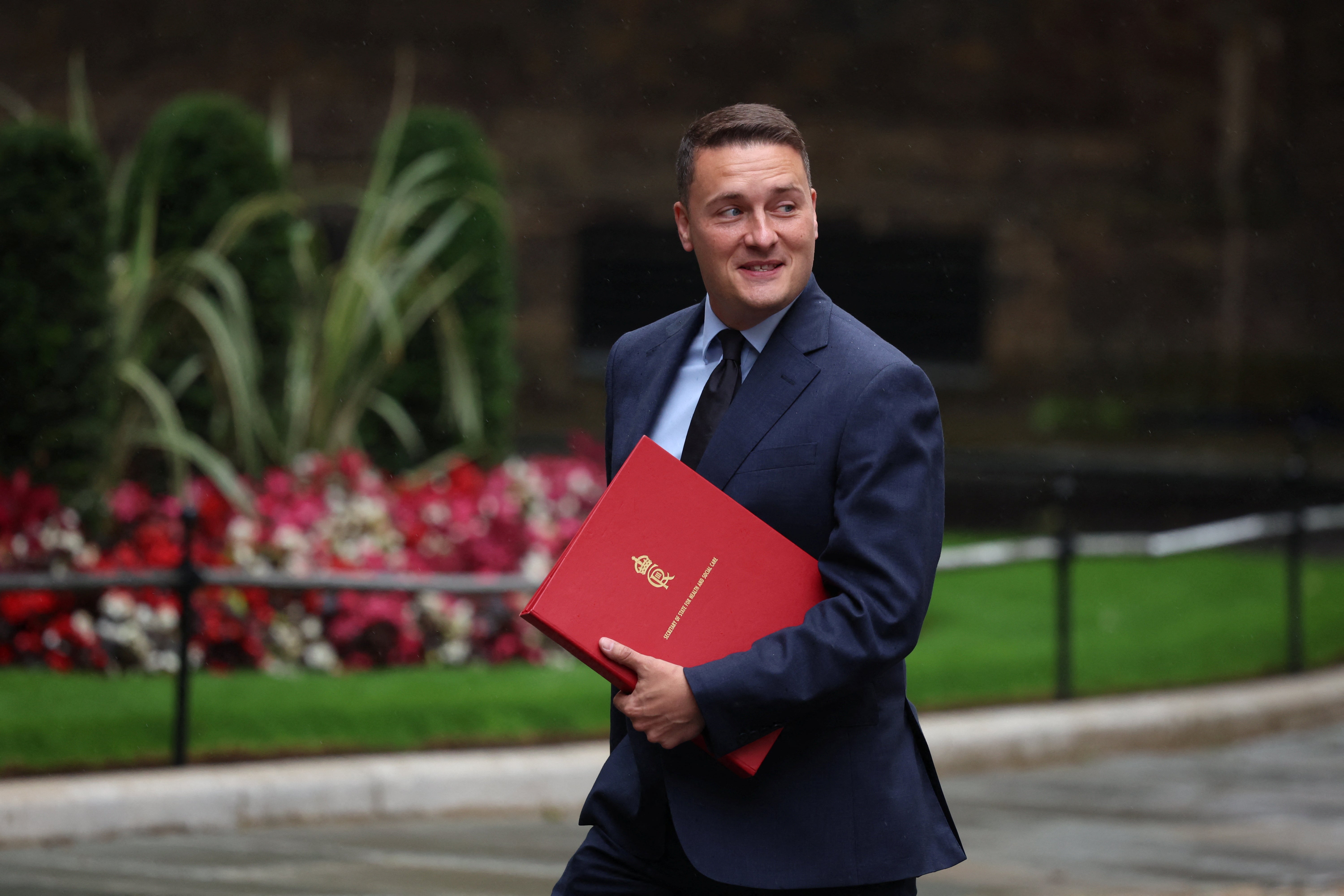The puberty blockers review is a chance for Labour to show it’s above the ‘culture wars’
The Labour health secretary must conduct a full and thorough consultation before deciding whether to make the ban permanent, writes trans barrister Robin Moira White


The current ban on puberty blocking drugs in the treatment of trans children has presented Labour’s new health secretary, Wes Streeting, with a significant test of his and his party’s ability to steer clear of the divisive arguments that dominated the end of the last government and instead deliver meaningful change for the better.
A temporary ban was put in place by the outgoing Conservative health secretary, Victoria Atkins, in the dying hours of the last administration – a move Streeting at the time said he “welcomed”, and referred to as a “justifiably cautious and responsible approach”. That step is regarded by many LGBT+ people and their allies as having been taken as part of the desperate “culture wars” which were designed to rescue Tory fortunes, rather than for sound health reasons.
It is a temporary ban, only in place until 3 September, and by following the “emergency” provisions in the legislation Ms Atkins was able to sidestep the normal requirement for consultation before such bans are usually put in place. The legislation made it to parliament with only minutes to spare.
The ban was challenged in court on Friday by trans-supportive organisation TransActual, assisted by the Good Law Project and represented by Jason Coppel KC. Mrs Justice Lang DBE is expected to rule shortly.
The ban is curious. It is said to be based on the Cass Review – but the Cass Review does not recommend a ban, instead saying that the evidence base for use of blockers is poor, and that further use should be part of clinical studies.
At present, those being prescribed blockers by the NHS are to continue with them. Blockers are also used for cis (non-trans) children for precocious puberty. As such, the justification for an “emergency” ban without consultation seems weak. Risks, including the delay in the increase in bone density associated with puberty, should and can be monitored.
This is not even to mention the fact that the Cass Review itself is coming under increasing criticism. It excluded those with knowledge and experience of trans healthcare and its methodology, and its conclusions are coming under increasing criticism from medico-scientific commentators both in the UK and around the world, most recently by researchers affiliated with Yale Law School and Yale School of Medicine, among others.
The temporary ban on puberty blockers has caused fear and despondency amongst the parents of trans children, who already struggle to find appropriate healthcare for their children within the NHS and so have, understandably, looked to private providers in the UK and elsewhere. That option is now blocked by the emergency provisions.
As a visible trans person, I perhaps come into contact with more trans children than many. Only this week I have been speaking to a trans young person who will start their A-levels after the summer and wanted advice about routes into a career in the law. They, and their family, report entirely positive results from a period on puberty blockers before starting cross-sex hormones, and their predicted grades and other school achievements are a testament to their living a happy and productive school and home life. Should that not be what we want for all children, cis and trans alike?
All of which makes it more surprising that government lawyers acting for Wes Streeting gave an indication to the court that he was minded to renew the ban with a view to making it permanent, “subject to appropriate consultation”. While consultation is welcome, Streeting himself has said that decisions on the subject “will continue to be informed by Dr Cass’s review, which found there was insufficient evidence to show puberty blockers were safe for under-18s”. He has also stressed that he is “committed to providing young people with the evidence-led care that they deserve”.
Prescription of puberty blockers is a serious step – one which is right for some and wrong for others. The utmost care must be taken to ensure that the most careful consideration is given to that choice, with full and appropriate clinical advice of the risks and benefits. But that is a matter best managed by clinical standards, not by government intervention.
Whether the temporary ban continues, is struck down by the High Court, or is allowed to expire on 3 September, there will be a loud clamour from some quarters.
But the government must steer away from knee-jerk reaction on policy linked to the “culture wars”. There must be full and proper consultation, which includes considerations of the defects in the Cass Review, experience from organisations and clinicians who support trans people, and the views of trans people themselves – not just the vocal organisations who adopt an ideological anti-trans approach.
This will be a moment for Wes Streeting (and perhaps his boss) to demonstrate the good governance that Rishi Sunak promised and failed to deliver.
Robin Moira White is the first barrister to transition in practice at the discrimination bar





